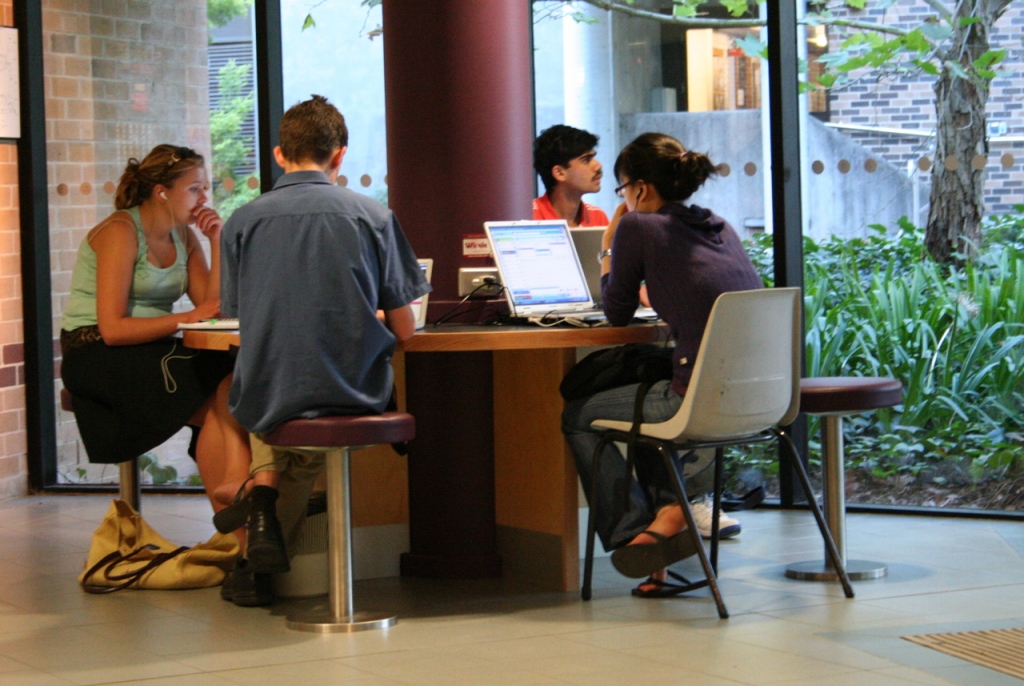Going to study to any foreign country may seem like a daunting challenge due to a number of reasons, such as a different language or culture. That’s why it’s important to learn as much as possible about the country where you’d like to study before making this huge step. Studying and living in Australia can be an unforgettable experience, but it may not be everyone’s cup of tea. Naturally, there are things you need to consider before buying a plane ticket and paying your tuition fee. Let’s look at the most important ones, which might help you make the final decision.

Visa Requirements
If your course lasts more than three months, you’re required to have a visa. Luckily, you can get it online, without visiting the embassy or waiting for your postman to bring it. One downside of this visa is that it doesn’t come cheap, so be prepared for this initial expenditure. To find out about visa requirements and fees, visit this page.
Health Insurance
Some study abroad programs include this in the fee, but if you’re making direct contact with a university you’re likely to need to get health insurance in Australia. What you should definitely do is analyse all options available before possibly spending too much on a wrong kind of insurance. One of the things you might do is consider professional immigration services, since the information might be overwhelming and possible mistakes costly.

Location
Australia is huge, in case you didn’t know, and there are many places suitable for studying, but it basically depends on your preferences. Think about what you like more, urban or rural? Beaches or “bushes”? The choice may also be influenced by what you want to study. A future marine biologist is more likely to choose a place closer to the Great Barrier Reef, while potential financial wizards are quite keen on studying in Sydney, for example.
Financial Aspect
You’re bound to have come across various lists of most expensive cities in the world and you must have noticed both Melbourne and Sydney being regular mentions. What this means to a student is that you need to budget carefully. Luckily, the typical study visa will allow you to work a certain amount of hours a week to help you while studying. The minimum wage in Australia is quite high, so it might be an idea worth considering. Also, you’ll get an opportunity to meet a lot of people in your new city.
Another tip related to this issue is to open an account with an Australian bank, especially if you’re planning to stay longer and find a part-time job. That will also help you avoid sometimes high bank fees for international money transfer and let you withdraw your money much more easily.
Grades and Seasons are different
Believe it or not, most students are quite happy with a “D”, since here it means “Distinction”. Quite a few Australian universities use HD (High Distinction), D (Distinction), C (Credit), P (Pass), and F (Fail) as their grading system.
Also, if you’re coming from the northern hemisphere, you may be in for a surprise when it comes to the temperature. Your plane may take off in the middle of summer, but it will land in mid-winter and if your destination is a city in the south, such as Sydney or Melbourne, it might be really cold.
Of course, there are many other things you might find useful once you get to Australia, but most of them are of quite general character, such as learning something about the country’s history and geography and keeping an open mind when meeting both locals and your fellow foreign students. Once you get used to looking right and then left while crossing a road, you’ll know you’ve done it. You’ve accepted Australia as your new home, at least for the time being.
